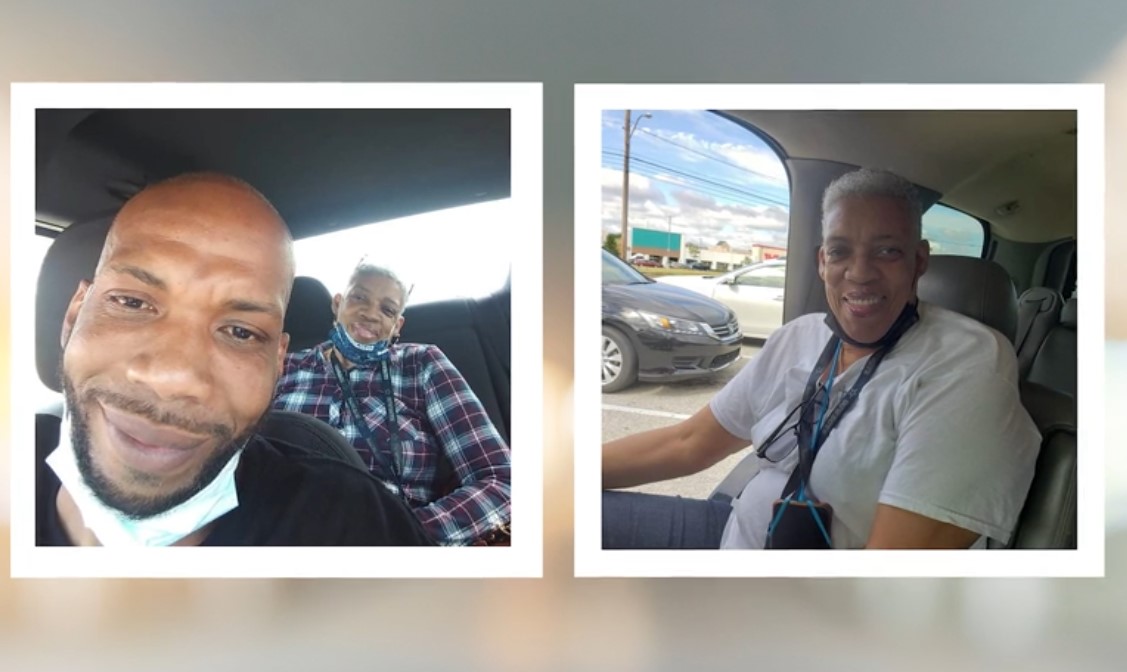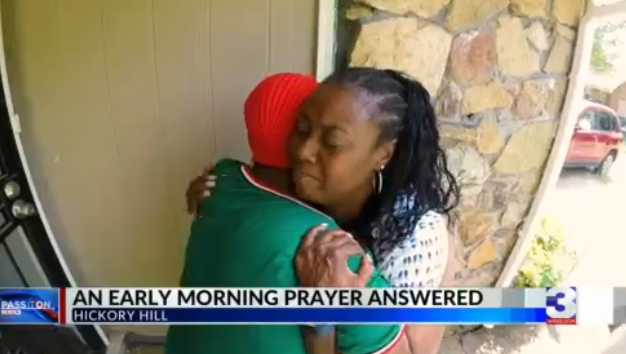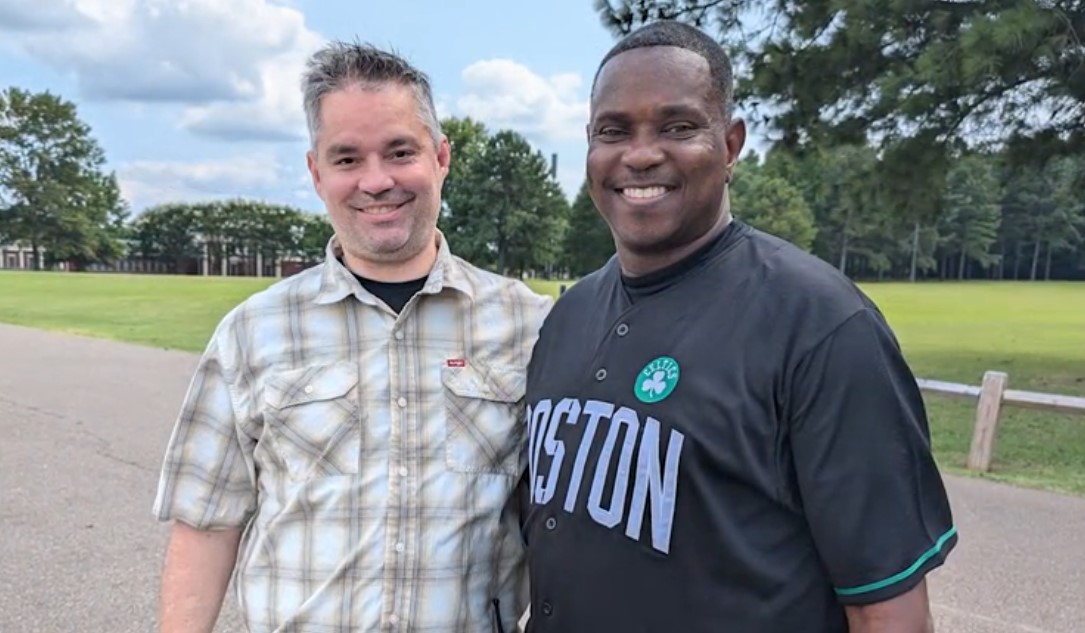MEMPHIS, Tenn. — For two civil rights icons — former state Rep. Johnnie Turner and former Shelby County Commissioner Walter Bailey — recent images of protests stir up memories of earlier fights for justice.
“I said this cannot be. This is 2020?” Turner said. “This is like 1960 or ‘40. What progress have we made?”
In the 1960s, both Turner, the former executive director of the NAACP, and Bailey, an attorney, marched with Dr. Martin Luther King Jr. They applaud the positive fight for change.
“You reconcile yourself you may get some tear gas and some bruising, you’re prepared to pay that price,” Bailey said.
The death of George Floyd has conjured painful emotions.
“You mean to tell me my brother was pleading for his life, calling for his mother and they kept their knees on his back and his neck. It just hurt me so,” Turner said.
But they do see hope on the horizon that’s not just shaded black.
“Anytime you are disgruntled as a citizen, I applaud you for getting up, shaking your fist and being heard,” Bailey said.
Turner said when people marched and participated in sit-ins in the ‘60s, it was all African-Americans except for a few.
“That has been the most positive, to see our white brothers and sisters were marching together for the same cause,” she said.
It’s a cause they say has to go beyond a protest, and the end game is at the ballot box.
“From out of all of that, we’re going to have a new generation,” Turner said. ‘Free at last, free at last, thank God we’re going to finally get free.”






















